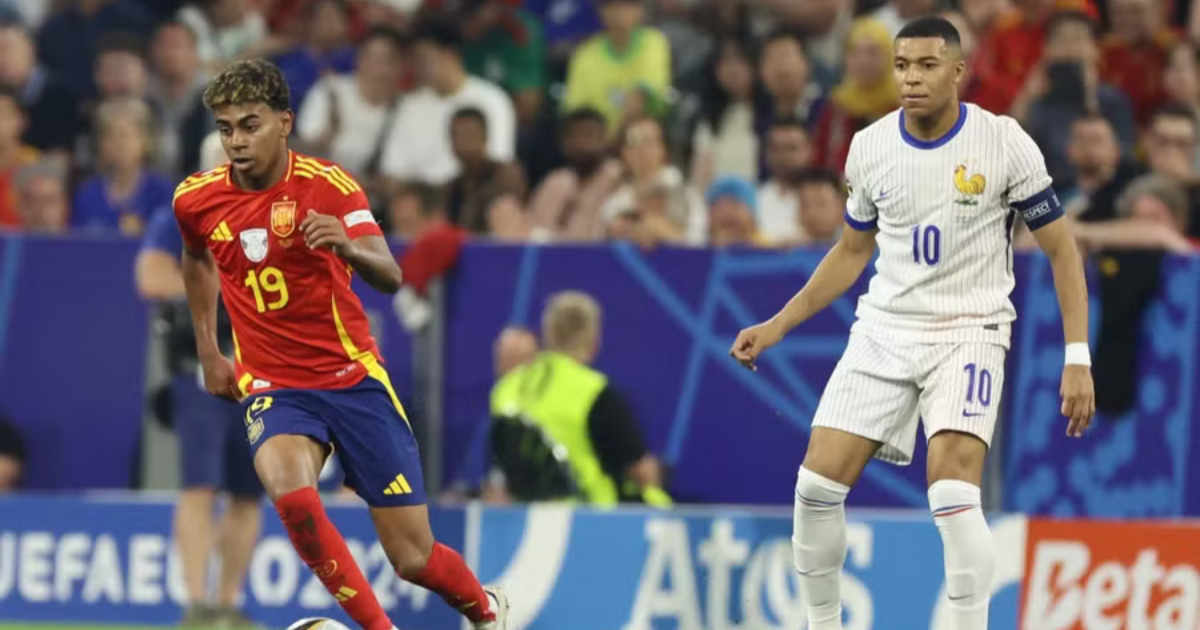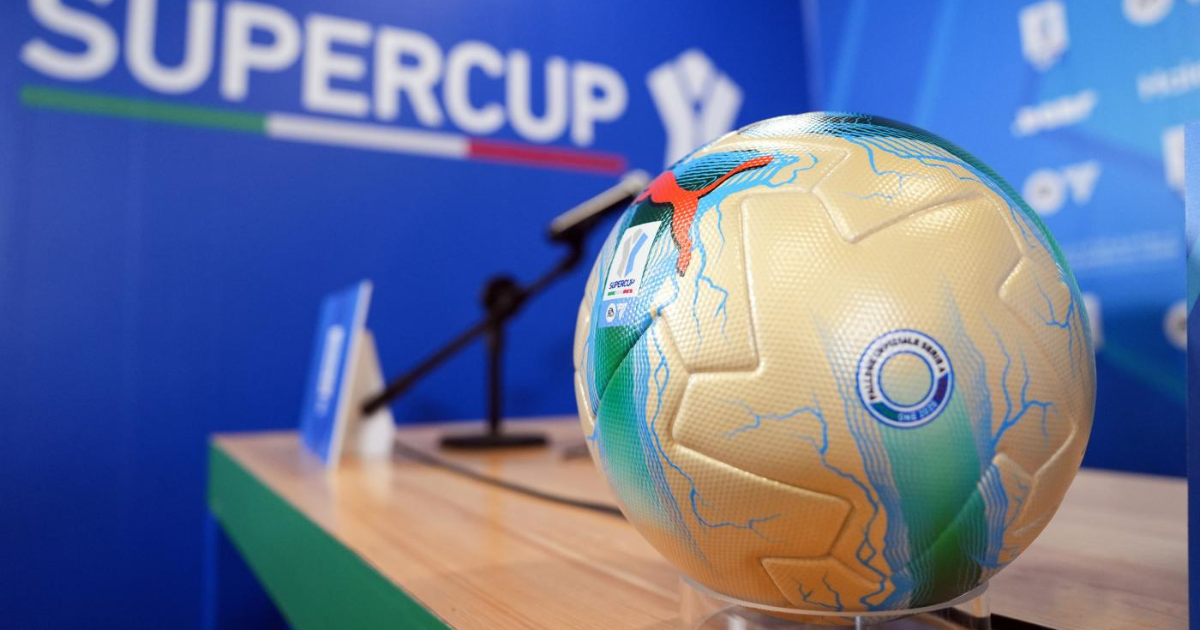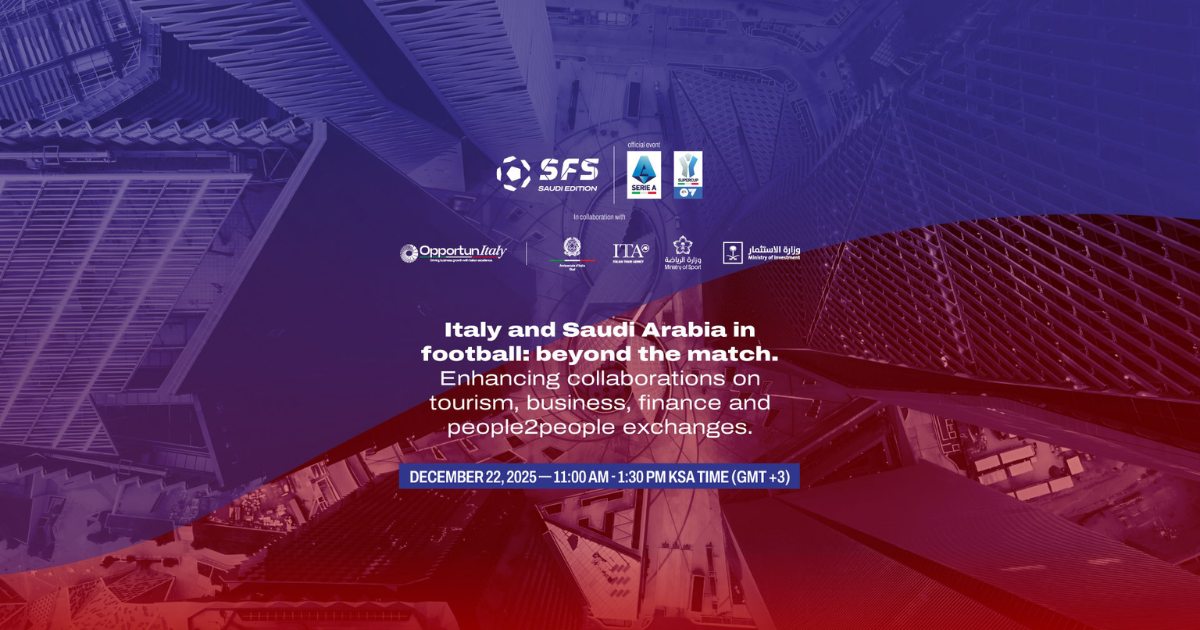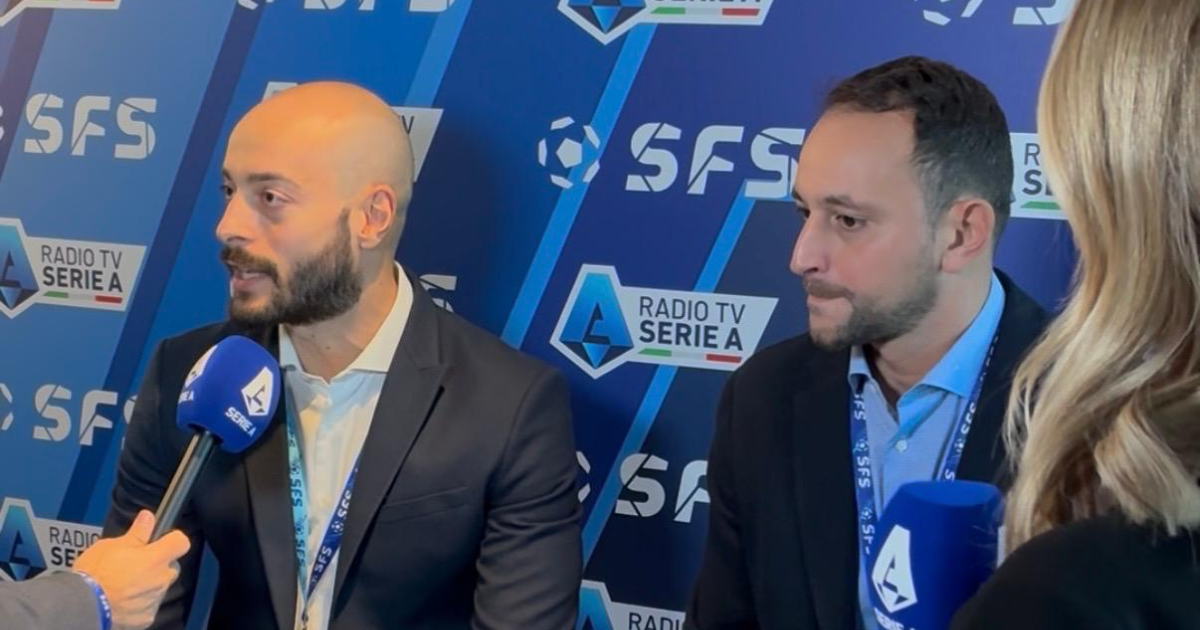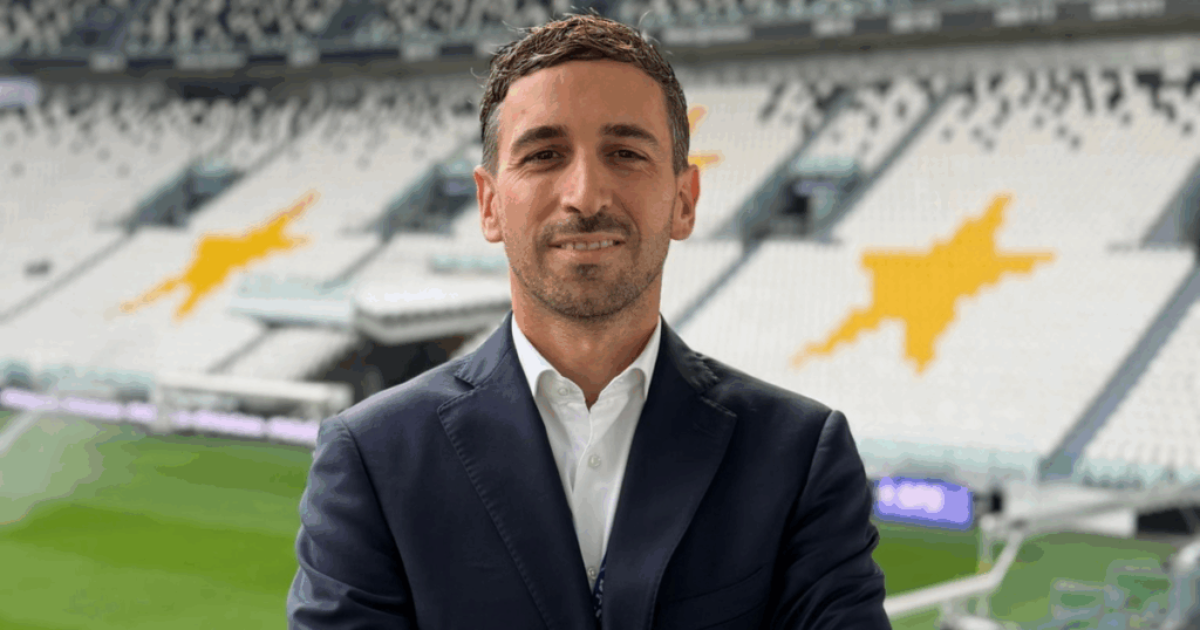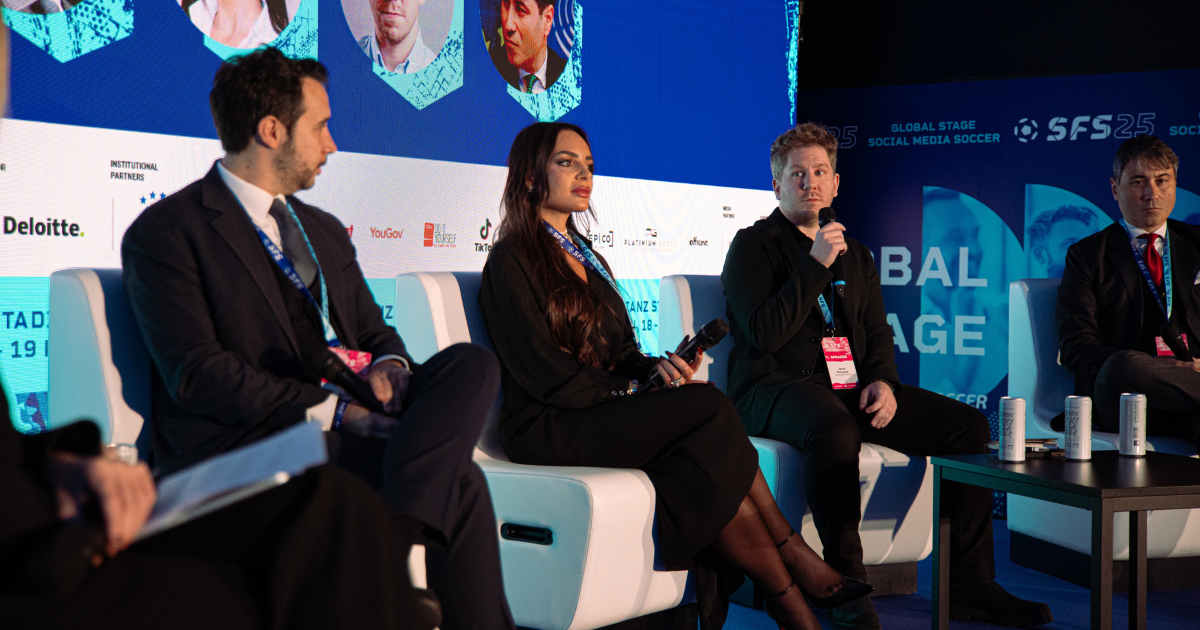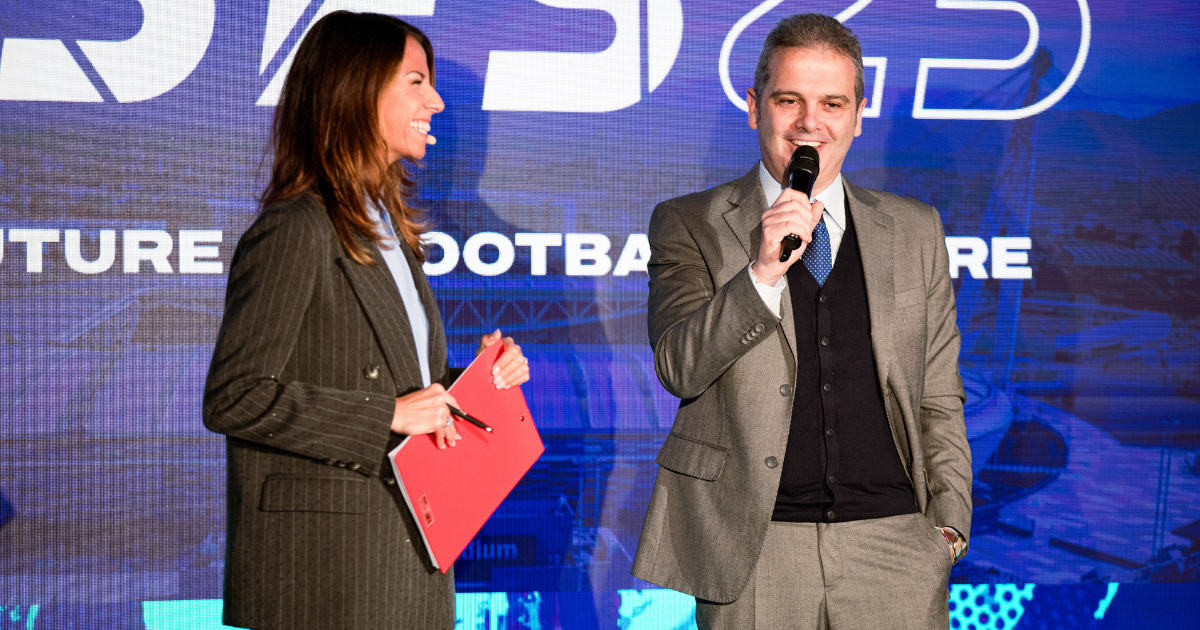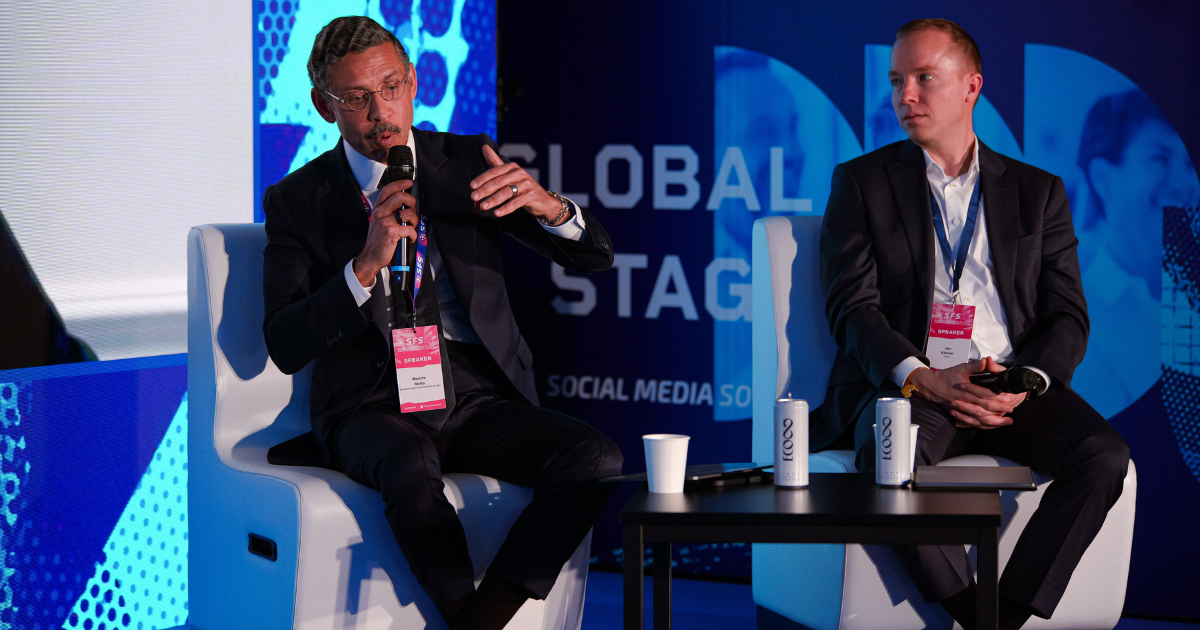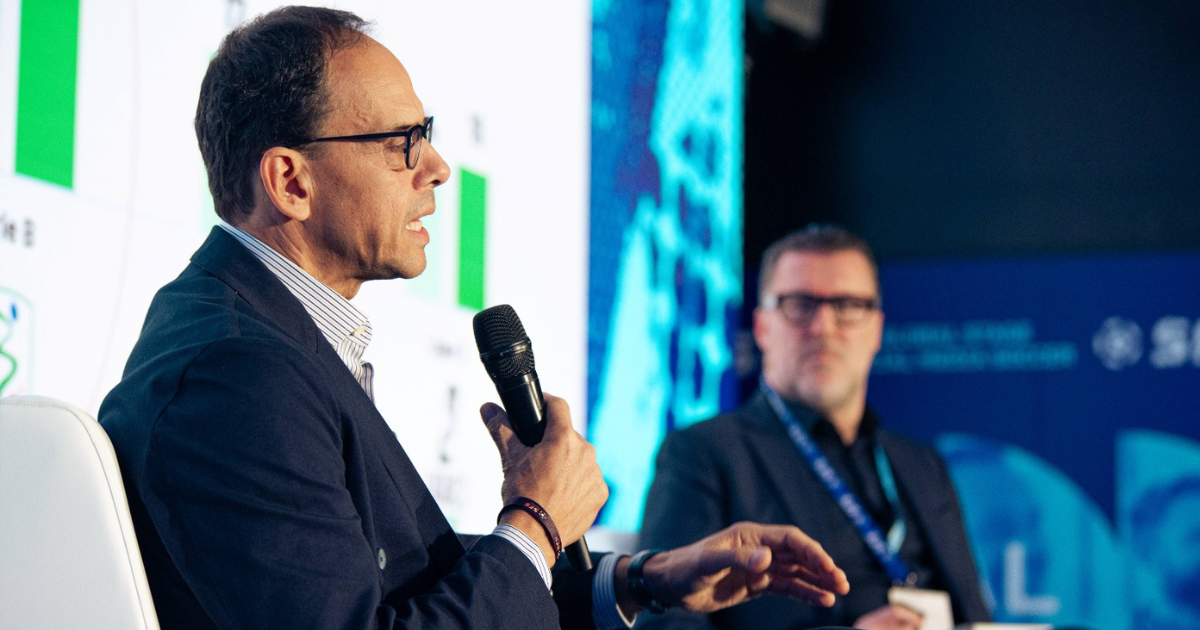The kickoff of the 2026 World Cup is approaching, and while the 48 national teams are warming up for the biggest tournament ever across the USA, Canada, and Mexico, a similarly intense game is being played on the sidelines. It’s the endless duel between the two giants of sportswear: Nike and adidas.
With a potential audience approaching 5 billion viewers, this World Cup is not just a sporting event, but the most important marketing and textile engineering laboratory of the decade.
The checkerboard of market share: the intersection of geopolitics and business
If on the field goals count, in the business of soccer victory is measured in technical sponsorships. Looking ahead to 2026, a clear-cut duel is emerging: adidas consolidates its institutional hegemony by linking up with 13 national teams (including Argentina, Germany, and Italy) and focusing on the blazon of traditional markets (Europe, France and England in the lead, and South America). Nike responds with 11 teams, but focuses its strategy on the field factor, controlling host countries such as the U.S. and Canada.
The American brand’s goal is to intercept the explosive growth of “soccer” in North America by transforming the technical uniform into an urban lifestyle object. It is a very high-risk challenge: with contracts exceeding 50 million euros a year for the top federations, brands are aiming for a slice of the global jersey market, estimated at $11.7 billion by the end of the competition.
Kit engineering: the new frontier of performance
Modern uniforms are true wonders of micro-engineering, designed to neutralize the extreme climate of North America.
Nike relies on Aero-FIT technology with 3D ventilation channels that activate dynamically with movement, supported by Niobe yarn that prevents water and sweat absorption.
Adidas responds with the HEAT.RDY system, based on thermal mapping that localizes perspiration at critical points. Stylistic innovation merges with functional innovation thanks to Jacquard frames, which integrate logos directly into the fabric to eliminate any unnecessary friction.
Dueling tech at the feet of champions: speed and precision
If the national teams are the theater, the boots are the absolute stars of 2026. At the heart of it all is speed, declined in two different philosophies.
On the one hand, the Nike Mercurial (Mbappé, Vinícius Jr) focuses on raw power: the Air Zoom unit acts as a hi-tech spring, while the Gripknit provides total control in scorching accelerations.
On the other, theadidas F50 (Messi, Yamal, Dembelè) pursues the myth of lightness: the Fibertouch structure and Sprintframe 360 plate turn every dribble into an exercise in extreme agility. It is a tactical challenge as well as a technical one: explosive propulsion versus millimeter sensitivity.
Personalization 2.0: where design meets Italian technology
In 2026, the game uniform evolves into a piece of haute sports tailoring. Adidas redefines aesthetics with a dual font system-modern for the “Home,” retro-3D for the “Away”-and laser-welded “Match Detail” details that make each jersey a unique object.
But innovation doesn’t stop at the surface: underneath the socks beats a technological heart made in Italy. Excellencies such as Campari Carbon and GL Sport lead the global market for custom shin guards. By 3D scanning the shinbone and using materials such as carbon and Kevlar, these digital artisans create ballistic shields weighing as little as 20 grams. It is the perfect synthesis of elegant detail and extreme sample protection.
The value of the kit: the price of “Pro” excellence
Dressing like the giants of modern soccer is not just a style choice, but an investment in high sports engineering. Wearing a full Authentic kit-the same technological armor that takes the field-requires a significant financial commitment, mirroring the research and materials used:
-Official T-shirt (personalized with patch and font): € 180.00 – € 200.00
-Speed shoes (top-of-the-line models): €260.00 – €280.00
-Custom Carbon Pads: €200.00 – €400.00
-Accessories(Shorts and socks): €70.00 – €85.00
-TOTAL INVESTMENT: € 710.00 – € 965.00
While the “Replica” line provides an affordable option for the masses, the elite kit positions itself as the state of the art in the industry.
The real game of 2026 will not end with the final whistle at New York’s MetLife Stadium: the challenge will shift to the marketplace, where Nike and adidas will vie to see who can turn pure innovation into a global object of desire better than the other.
World Cup 2026, it’s still Nike vs adidas: costs, strategies and expected results
The kickoff of the 2026 World Cup is approaching, and while the 48 national teams are warming up for the biggest tournament ever across the USA, Canada, and Mexico, a similarly intense game is being played on the sidelines. It’s the endless duel between the two giants of sportswear: Nike and adidas. With a potential audience approaching 5 billion viewers, this World Cup is not just a sporting event, but the most important marketing and textile engineering laboratory of the decade. The
SFS Saudi Edition 2025: Italy and Saudi Arabia engage in dialogue through football, beyond the match
Riyadh, 22 December 2025 – The second edition of SFS Saudi Edition, held in Riyadh, recorded strong attendance and a high level of content, confirming the initiative's value and positioning as an international reference platform for dialogue between Italy and Saudi Arabia in football and sports business. The event was organized by the Social Football Summit and Lega Calcio Serie A, and developed in collaboration with the Italian Embassy in Riyadh, the Italian Trade Agency in Riyadh, the Ministry of Sport, and the Ministry of
SFS Saudi Edition 2025 unites Italy and Saudi Arabia in football
Riyadh hosts the second edition of the SFS event, strengthening the dialogue between sport, business, and innovation. The Social Football Summit (SFS) returns to Riyadh with the second edition of the SFS Saudi Edition, following the inaugural event held in January 2025, further strengthening the dialogue between Italy and Saudi Arabia through football, sports business, and innovation. The event will take place on December 22, 2025, from 11:00 a.m. to 1:15 p.m. (KSA local time, GMT +3), followed by a light lunch, at
SFS Takes the Next Step: Riyadh Welcomes the 2nd Saudi Edition
The SFS expands its international footprint with the launch of SFS Saudi Edition, scheduled for 22 December 2025 in Riyadh Following the extraordinary success of SFS25 at the Allianz Stadium in Turin in November, the international platform dedicated to innovation, business and culture in football strengthens its global presence with a new strategic appointment organised in partnership with Lega Serie A, and developed in collaboration with the Embassy of Italy in Riyadh and the Italian Trade Agency (ITA/ICE) Office in Riyadh, during the
Beyond Visibility: how sports sponsorships generate business
For years, their value was measured using traditional metrics like Gross Advertising Value (GAV), based on the quantity of exposure: how many people see the logo and for how long. Today, this approach is no longer sufficient. Sponsorships are not mere advertisements (or 'spots'): their impact depends on the quality of the exposure and fan perception. To demonstrate the true ROI, an integrated model is needed that combines visual data, brand insights, and purchasing behavior. In this article, we analyze
Mondial 2026, Trump and FIFA launch the fast track for ticket-holding fans
The American attorney Giorgio Polacco (Arce Immigration Law): “Faster appointments for the visa, but no automatic pass-through.” With the launch of the FIFA PASS, the new priority appointment booking system for visas ahead of the 2026 World Cup, the White House and FIFA promise shorter lines at consulates for ticket-holding fans. But what really changes for those who want to go to the United States to watch the matches? We discuss it with Giorgio Polacco, an American attorney at Arce Immigration
Geopolitics and Sport, the Report from the Allianz Stadium
Article written by Carlo Rombolà On Tuesday, November 18th, a debate on the geopolitics of football—a topic that is extremely interesting and multi-faceted—took place at the Global Stage of the Social Football Summit, held this year within the heart of the Juventus stadium. Moderated by Giulia Aloisio Rafaiani, the stage featured the voices of Francesca Petriccione (from Vada), Jakub Romaniuk, Valerio Mancini, and Carlo Rombolà. These professionals are interested in and work in the world of international relations and, naturally, football, albeit
Valentini: Uniting expertise to design the future of the Football Industry
“The football industry can evolve only through concrete collaboration between clubs, federations, leagues, institutions and companies — especially those leading innovation processes. The growth of the sector depends on the ability to combine skills, visions and resources to build a truly competitive and sustainable ecosystem. At Allianz Stadium in Turin, the centrality of cooperation emerged clearly, along with the vitality of a transforming ecosystem and the awareness that innovation and sustainability are no longer future perspectives, but operational priorities and shared
Multi-Club Ownership in Football: Rules, Risks and the Future of Investment in the Global Football Industry
On the afternoon of Day 2 on the Global Stage, a panel was held focusing on investment in football through multi-club ownership models. The session, moderated by Lucas Ferrer, Partner at Statim Legal, featured contributions from Jan Kleiner, Director of Football Regulatory, FIFA, Lina Souloukoulu, CEO of Nottingham Forest FC and Marcos Motta, Partner, Bichara e Motta Attorneys at Law). Jan Kleiner opened the discussion by outlining FIFA’s position on the growing phenomenon of multi-club ownership, in which financial groups control
Sustainability, Talent, and Infrastructure: Serie BKT Between Financial Challenges and Product Appeal
During SFS 25, the panel dedicated to Sustainability, Talent Development, and Infrastructure unveiled the economic and structural dynamics of Serie BKT, highlighting critical issues alongside unique opportunities. The speech by Paolo Bedin, President of Lega Serie BKT, interviewed by Andrea Sartori, CEO of Football Benchmark and independent advisor to Lega B, provided a lucid overview of the need for a strategic shift for the entire football system and the Italian second division. The financial challenge: economic data Bedin opened the debate by



